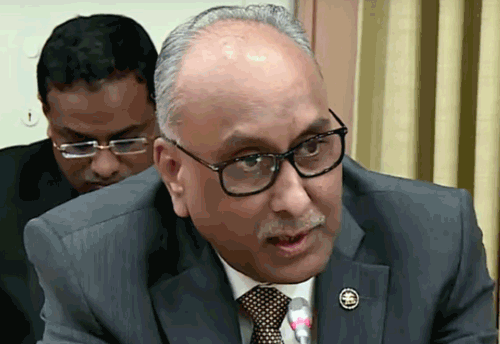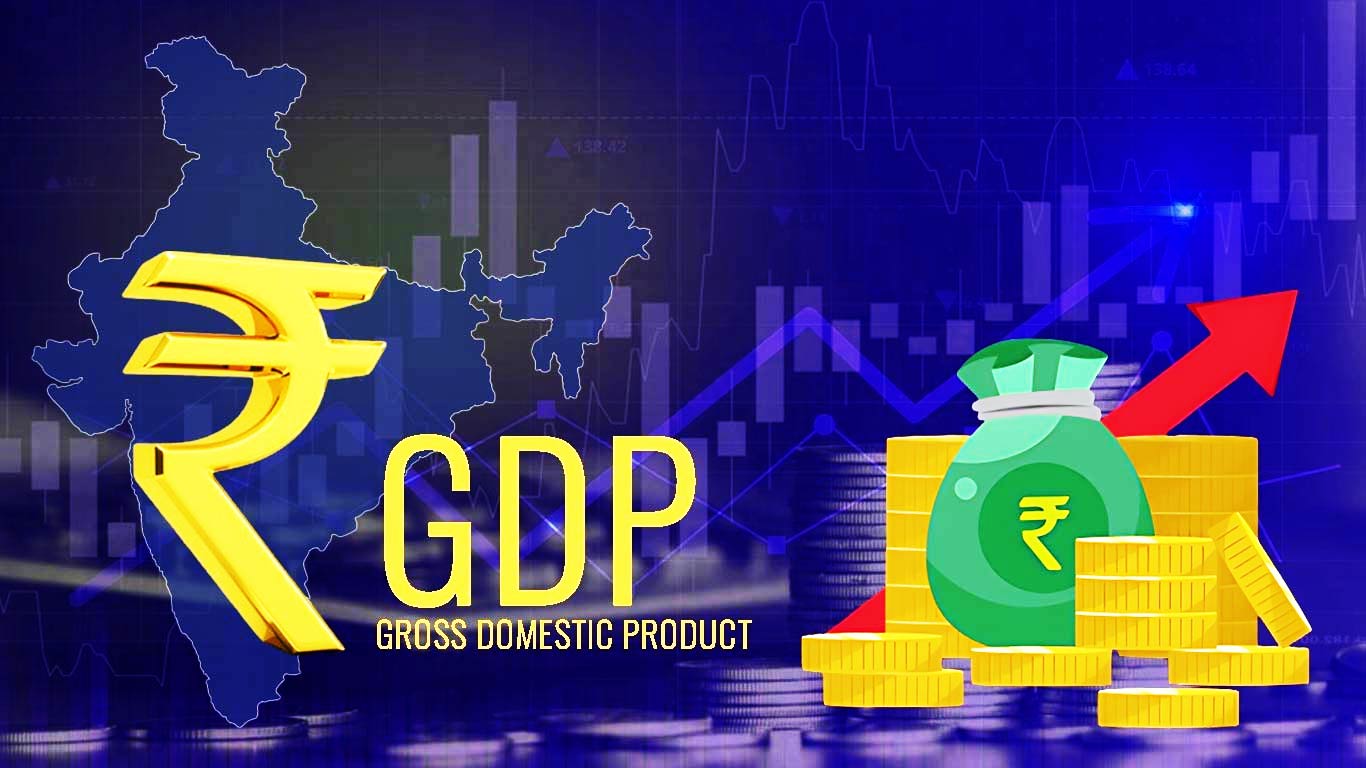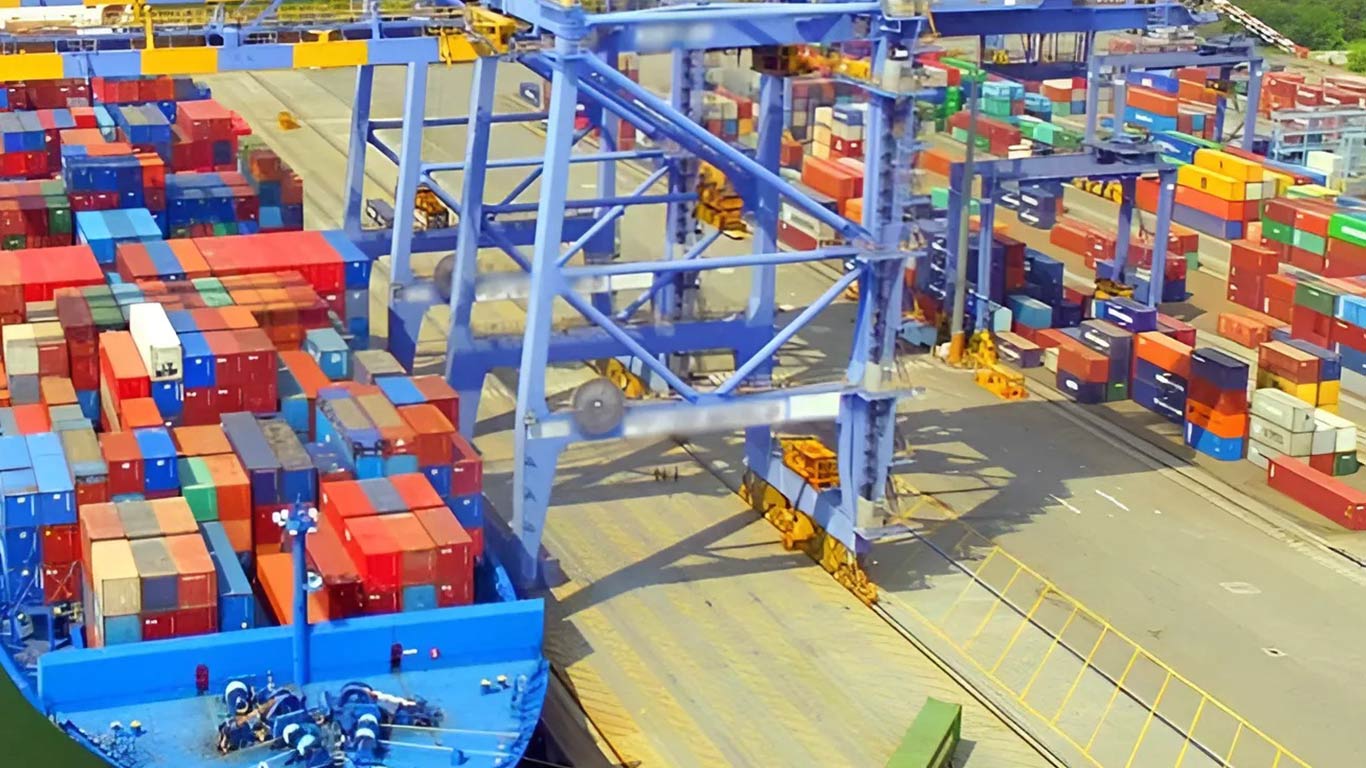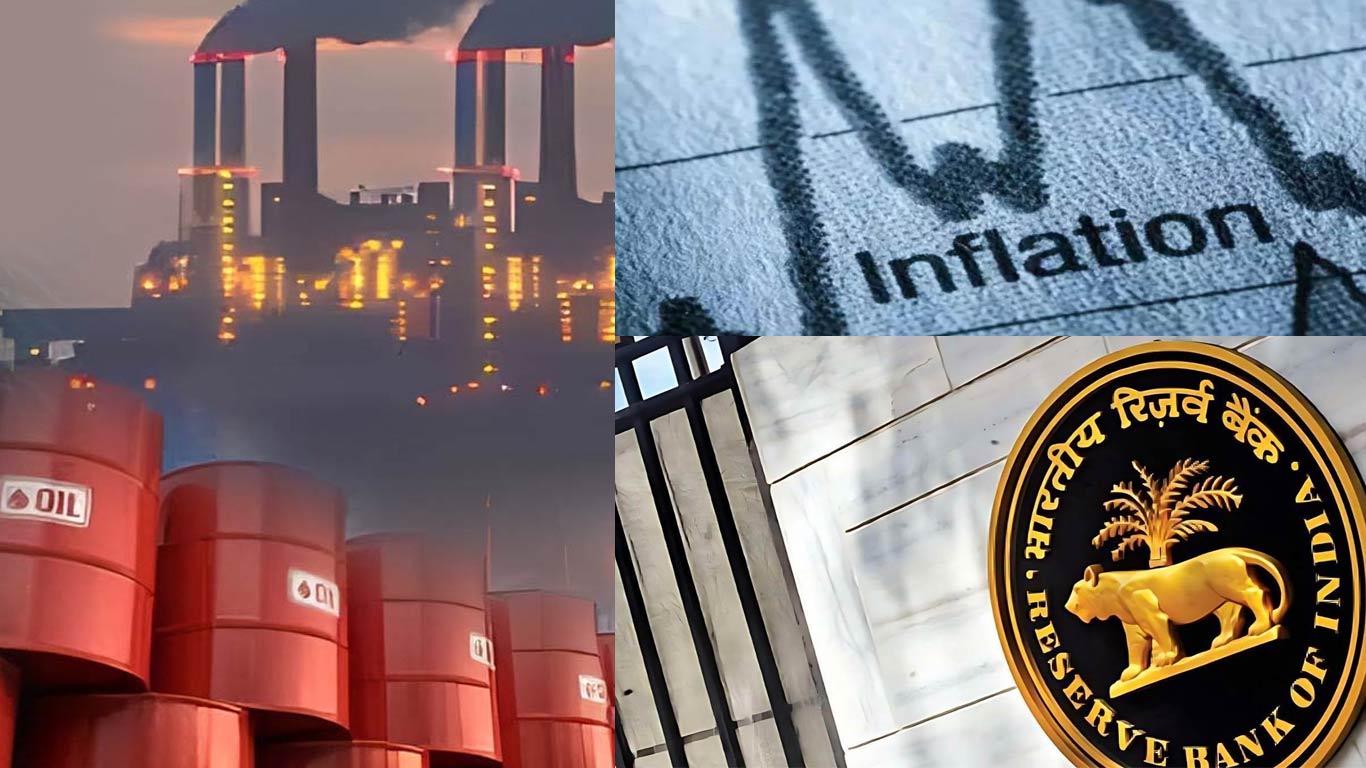There is a total finance requirement of INR 32.5 trillion in the MSME sector: SS Mundra
Updated: Aug 23, 2016 10:05:02am

There is a total finance requirement of INR 32.5 trillion in the MSME sector: SS Mundra
New Delhi, Aug 23 (KNN) Stressing that there is still a huge unmet demand for credit for MSMEs in the country, RBI Deputy Governor S S Mundra said there is a total finance requirement of INR 32.5 trillion ($650 billion) in the MSME sector, which comprises of INR 26 trillion ($ 520 Billion) of debt demand and INR 6.5 trillion ($130 Billion) of equity demand).
He was addressing the second edition of the Conference on MSME Funding here today. The conference was organized by CII on the theme ‘Propelling MSME Growth through Enhanced Financial Access and Support’.
Referring to the MSME Ministry’s Annual Report for 2015-16, Mundra highlighted that the MSME sector in India today is a network of 51 million enterprises providing employment to 117.1 million persons and contributing 37.5 per cent of India’s GDP.
The development of this sector is, therefore, crucial in generating significant levels of employment across the country, more so since we have a large young and educated population which is on lookout for employment.
Pressing that the significance of MSME sector is far beyond job creation, Mundra said, “While job creation is certainly critical, small businesses play a far greater role than just providing employment. Let me state two key contributions of MSME sector here.”
“One, the MSME sector is a nursery for entrepreneurship and a school for innovation. Countless medium and large corporates in India have evolved out of being micro and small sometime in not so distant past. I am sure many in the audience here, who own fairly large businesses today, would have cut their teeth in business through the route of micro and small enterprises,” he said.
Secondly, MSME sector is crucial for the success of the national agenda of Financial Inclusion. Let me explain. Normally, when we talk about financial inclusion, we do so largely from the perspective of an individual or at best a household. However, to my mind, universal financial inclusion cannot be considered to have been achieved unless it is ensured that the micro and small businesses are financially included. Credits to these small family run or individual run entities from the formal financial channels would make these businesses sustainable and help them move out of poverty and propel them to a better quality of life, he added.
He said if this is the sector that is the bulwark for such critical developmental paradigms, there are compelling enough reasons for all stakeholders- be they the Associations, the Financial Institutions, the regulators or the Government, to put all their might together in a convergent fashion so that the right environment is created to propel growth of MSMEs in our country.
For achieving this objective, there is a need to create an ecosystem which can facilitate handholding and nurturing of MSME units particularly at the nascent stages. Also, there is a need to eliminate a host of impediments – of permits, of inspections, of red tape and provide a set of enablers – skill development, infrastructure, markets, technology etc.
However, of all the enablers, probably none is more important than Credit. The IFC/Mckinsey has estimated the credit gap for formal and informal MSMEs worldwide at around $ 3.9 trillion globally, of which $2.1 to 2.6 trillion is in emerging markets.
He said credit is perhaps the most critical component for MSME entrepreneurs. Provision for Credit is essentially dependent on four pivotal issues - Access/Availability; information asymmetry between the two Bs – Banks and Business; Collateral Requirements; and Documentation.
Emphasizing on each of the issue, calling it ABCD of Credit, Mundra said, “The 4th All India survey of MSMEs states that close to 90 per cent of MSMEs are dependent on informal sources, which by any standards is a worrisome figure. Since that survey, some headway must have been made in improving MSMEs’ access to formal financial channels; however, it still remains a challenge. The public sector banks today have close to 3000 specialized branches which specialize in lending to MSME units. Private sector banks have built up products and processes, which enable quick disbursal of loans. Most banks have switched over to centralized credit sanctioning, which enables better turnaround time. Many others have increased the credit limits to the field level functionaries. While these steps have improved access, there is still a huge unmet demand for credit for MSMEs.”
An important piece of the problem is adequacy of banking outlets. Small entrepreneurs are spread across remote locations in the country where physical bank branches are not available.
‘B’ in the ‘ABCD’ paradigm of credit fundamentally refers to the information asymmetry between the two Bs – Banks and Business, he said.
“Financial literacy in the context of a MSME focuses on an individual’s ability to translate financial literacy concepts to business needs. Financial literacy is essential for effective money management and low levels of financial literacy hinder the understanding of available financial products and services. MSE entrepreneurs are also constrained by lack of operational skills, accounting and finance acumen, business planning etc. which underscores a need for facilitation by banks/other agencies,” he explained.
The formal financial institutions particularly banks consider lending to MSMEs as highly risky since the entrepreneurs often do not possess adequate collateral to support the credit. Very often, the loans are rejected, despite the project prima facie, being feasible. While there are several dispensations to tide over the problem, the credit culture has not matured enough to a level existing in developed economies where lending is done against the assets of the firm including its movable assets, Mundra said.
Talking about Documentation, Mundra said many of the MSMEs, particularly the Micro units, do not have adequate documentation to match the rigours of a formal financial system. Absence of documentation drives the small entrepreneurs to informal sources that are willing to provide credit with minimum documentation.
Mundra also talked about the measures like P2P lending, Policy intervention for Life Cycle Issues, Credit Counsellors, Movable Asset Registry, TReDS: etc taken by RBI to improve credit flow to the MSME sector.
He said, “It would be important that the use of TReDS is made mandatory for, to begin with corporate and PSUs and later for the Government departments. I would urge the Chambers and the MSME Ministry to proactively examine this aspect as success of TReDS initiative can be a game changer for the sector.”
Also, he further said, “I would rather advocate that borrower is compensated by way of a better pricing in loan for the availability of collateral. Further, I would also like to see the CGTMSE to evolve a framework for making the pricing risk-based rather than having a uniform risk premium related to the past performance and quality of individual portfolios. Eventually, this activity should also move to an open market system.”
In his concluding remark, the RBI Deputy Governor said, “Our demographics compel us to push forward this agenda and make quantum jumps so that entrepreneur can start and drive businesses without worrying about finance.” (KNN Bureau)











